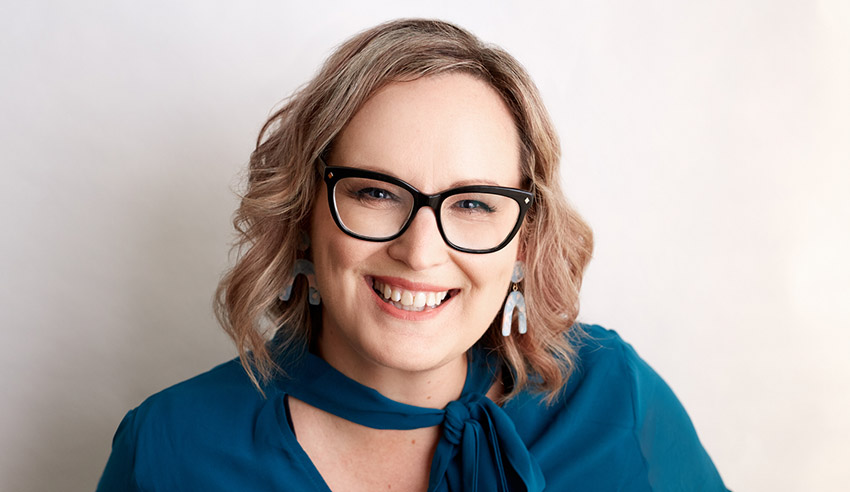Having worked remotely as a lawyer for six years, Emma Heuston knows what works and doesn’t work.

When Emma Heuston, founder of The Remote Expert, first decided to become a remote lawyer, it was a lifestyle decision. She’s had a “near death experience” while pregnant with her son, and it made her wonder what the point of life is if one can’t enjoy it properly?
Speaking earlier this week on The Boutique Lawyer Show, Ms Heuston said that she and her husband made the decision to “have a sea change” and, after a false start with a regional firm in far northern NSW, she found herself at one of Australia’s biggest NewLaw practices, working remotely.
She was, she said, the “first permanent remote lawyer”.
“They’d used contractors before, and this was a test for them. But it worked well, as there was trust. But, there was what you’d call ‘traditional law pushback’,” she reflected.
“I remember going to a ladies lawyers’ lunch in Ballina a few years ago and being asked, ‘Well, who does your dictation? How do they know you're working? But how do you talk to clients?’ My answer was, ‘Probably the same way you talk to your clients, [but while] you see them in person, 90 per cent of the work I do is over the phone.”
The age of coronavirus has, Ms Heuston said, “been a really good equaliser for that”.
“There has been an assumption that clients would like this way of working, but some clients have to travel an hour each way to a lawyer’s office, which is a half-day excursion. Now, they can hop on Zoom and do it as part of their day, kind of like telehealth for doctors.”
Ms Heuston has now been a remote lawyer for half a dozen years, compared to most Australian practitioners who have been doing it since March. There are, she said, key rules to ensure that one can thrive and flourish in a remote environment.
“It is really like being in your office, in a bricks and mortar traditional law office. You really have to observe the same courtesies and ways of doing things, especially confidentiality. But being a remote lawyer can be quite lonely and the mental health aspects shouldn't be underestimated,” she said.
“I’ve now got a pretty good balance, because I make sure I get out of the office, have some social contact, certainly have some contacts with colleagues who have other law firms or are other boutique owners, and that's really important.”
Creating physical separation between your various existences, Ms Heuston added, is also critical.
“Don't be set up on the kitchen table or the dining table. It is easy to go back and just get on your computer, have something you can shut down at the end of the day. I have a separate space downstairs, which even on weekends, I won't spend a lot of time down here unless I'm working,” she advised.
“Make sure you connect with people every day, and I don't mean chat messages or texts. I mean, actual phone calls or Zoom calls with colleagues, or friends, or family. You really don't want to go a day without talking to someone, I think, and that's really key; and if you run a remote team or you work with a remote team, actually having that camaraderie virtually. It can be done virtually – I know that now from my own experience as a remote employee, but now also as an employer with a small remote team.”
Even though the pandemic has changed the social environment for the time being, the fundamentals of how to work remotely remain in place, Ms Heuston suggested, noting that lawyers simply have to “adapt to the circumstances as they are”.
“It might be a walk outside or sitting out in the backyard in the sun having a phone chat with somebody as opposed to meeting them for coffee. Sometimes, a phone call is actually more effective and quicker for your purposes: it can possibly be doing something while you're on the call, something creative: doodling a picture, which is quite good for your brain, rather than focused on that screen, talking to someone.”
To listen to the full conversation with Emma Heuston, click below:

Jerome Doraisamy is the managing editor of professional services (including Lawyers Weekly, HR Leader, Accountants Daily, and Accounting Times). He is also the author of The Wellness Doctrines book series, an admitted solicitor in New South Wales, and a board director of the Minds Count Foundation.
You can email Jerome at: